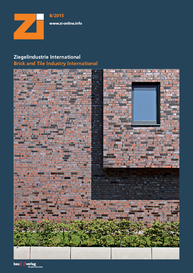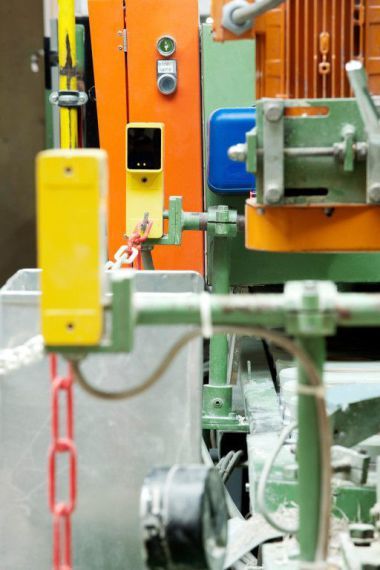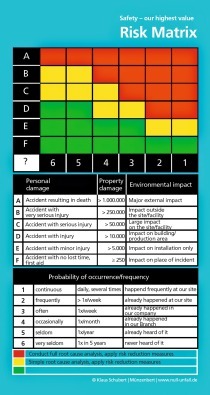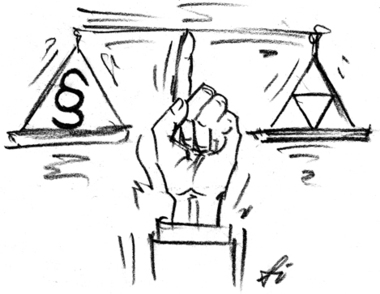What makes our employees sick?
Occupational illnesses are defined by the German government, which involves special aspects with regard to prevention, rehabilitation as well as compensation based on statutory accident insurance. In this context, lifetime protection applies and latency periods must be taken into consideration. Illnesses can develop 10, 20 or more years after damage has been suffered.
The talk provides information on the following occupational illnesses:
Silica-dust-related occupational illnesses: silicosis, silicosis-related lung cancer
Asbestos-related occupational illnesses: asbestosis, asbestos-related lung and throat cancer, asbestos-related pleural mesothelioma
Noise-induced hearing loss
Serious occupationally related skin diseases
Work-related diseases can certainly be the result of professional work, treatment, however, is handled by the statutory health insurance and rehabilitation by the pension insurance agencies, like, for example, in the case of:
Weather-related bronchial infections/colds (draughts, climatic influences)
Diseases of the musculoskeletal system, spinal diseases (exception: recognized occupational illnesses)
Psychological illnesses (burnout, mobbing, harmful performance enhancement with drugs, shift work, pressure of responsibility)





